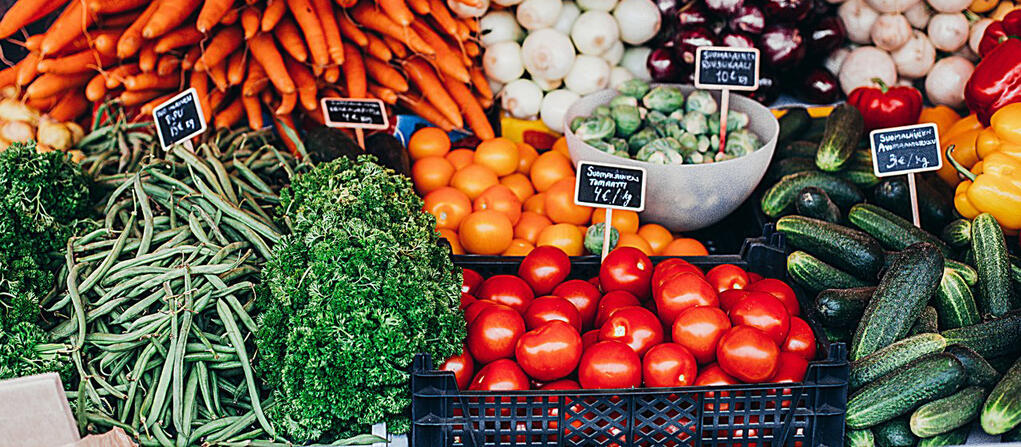
November 6, 2020
In the United States, food waste is estimated at between 30-40 percent of the food supply. If you’re looking for a way to promote a more sustainable food system, start with reducing your waste, here’s how.
Shop smart
Make a list before you shop to avoid impulse purchases. Shop for what you know you need rather than for what you potentially might need—the waste-creating practice called “buying in bulk.” If you have to buy in bulk, make that bulk bins, a sustainable practice that reduces waste and lets you control exactly how much you purchase.
Embrace imperfection
Ever dug to the bottom of the barrel to find the “best-looking” piece of fruit? Shoppers doing so en masse may contribute to food waste, because suppliers will increasingly avoid purchasing dinged-up produce from farmers, and that food will go to waste.
Alternatively, consider taking advantage of discounts some grocery stores and online services are now offering for “ugly” fruits and veggies. At farmers’ markets, specifically request these ugly foods by asking for “seconds.” Called so because they don’t look first rate, nevertheless, the nutritional value remains—plus, they’re great for sauces.
Practice FIFO in your fridge and your cabinets
Employing the axiom “first in, first out” will help you efficiently consume food before it spoils. When you buy new food, put it at the back of the fridge. Move the older food to the front, where you’re more likely to eat it before it expires.
Portion your plate
Much like grocery shopping itself, aim to plate what you know you will eat rather than what you potentially might eat. Try using smaller plates and starting out with less food. Overfull plates can lead to waste, as unwanted food is not likely to be stored for later.
Love your orts
If you do end up with leftovers (a.k.a. orts), save them! Invest in airtight containers to prevent food from spoiling prematurely or drying out. Commit to leftover lunches, and consider implementing a household tradition of making scraps the star of dinner one night per week from the leftover food in your fridge.